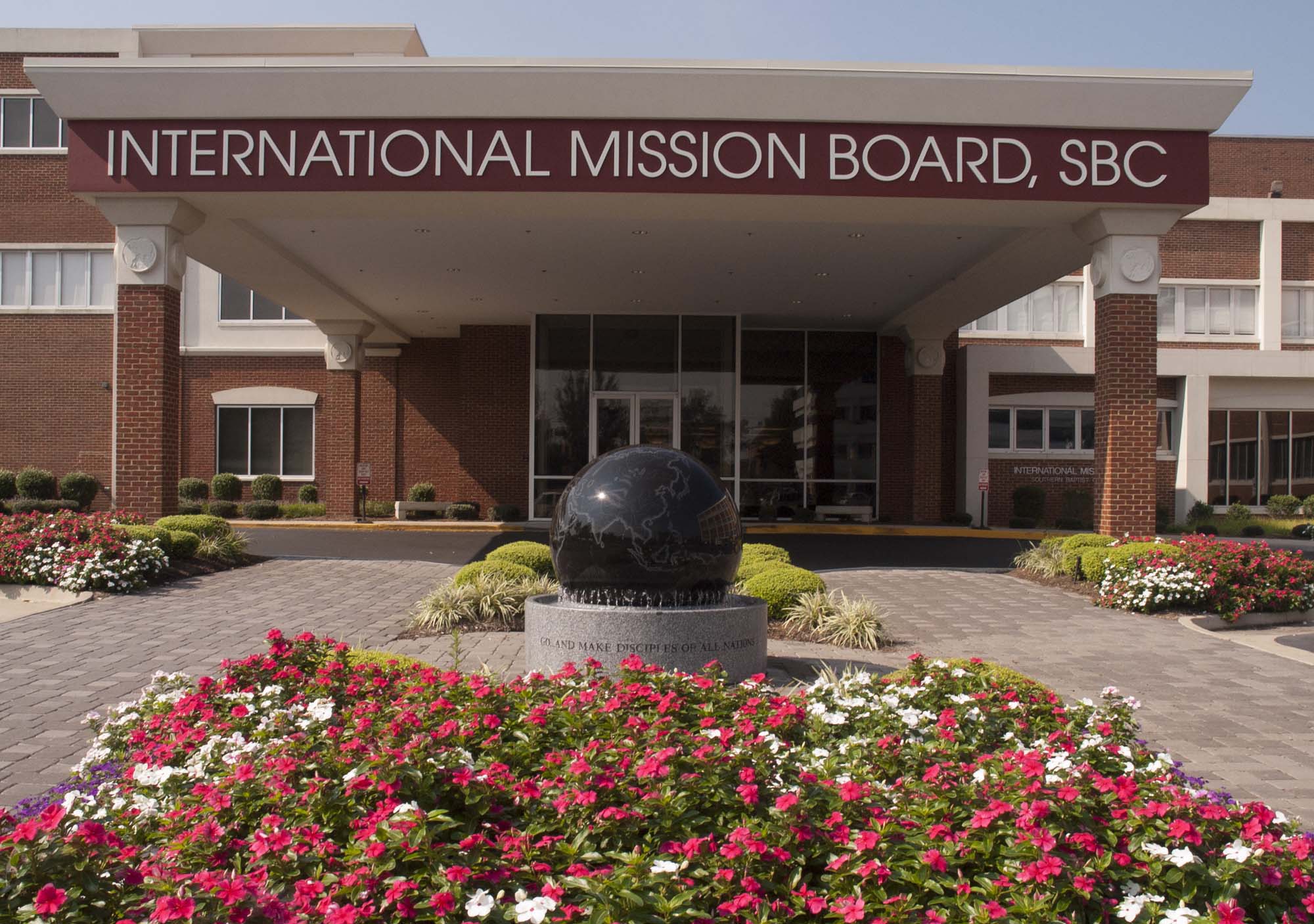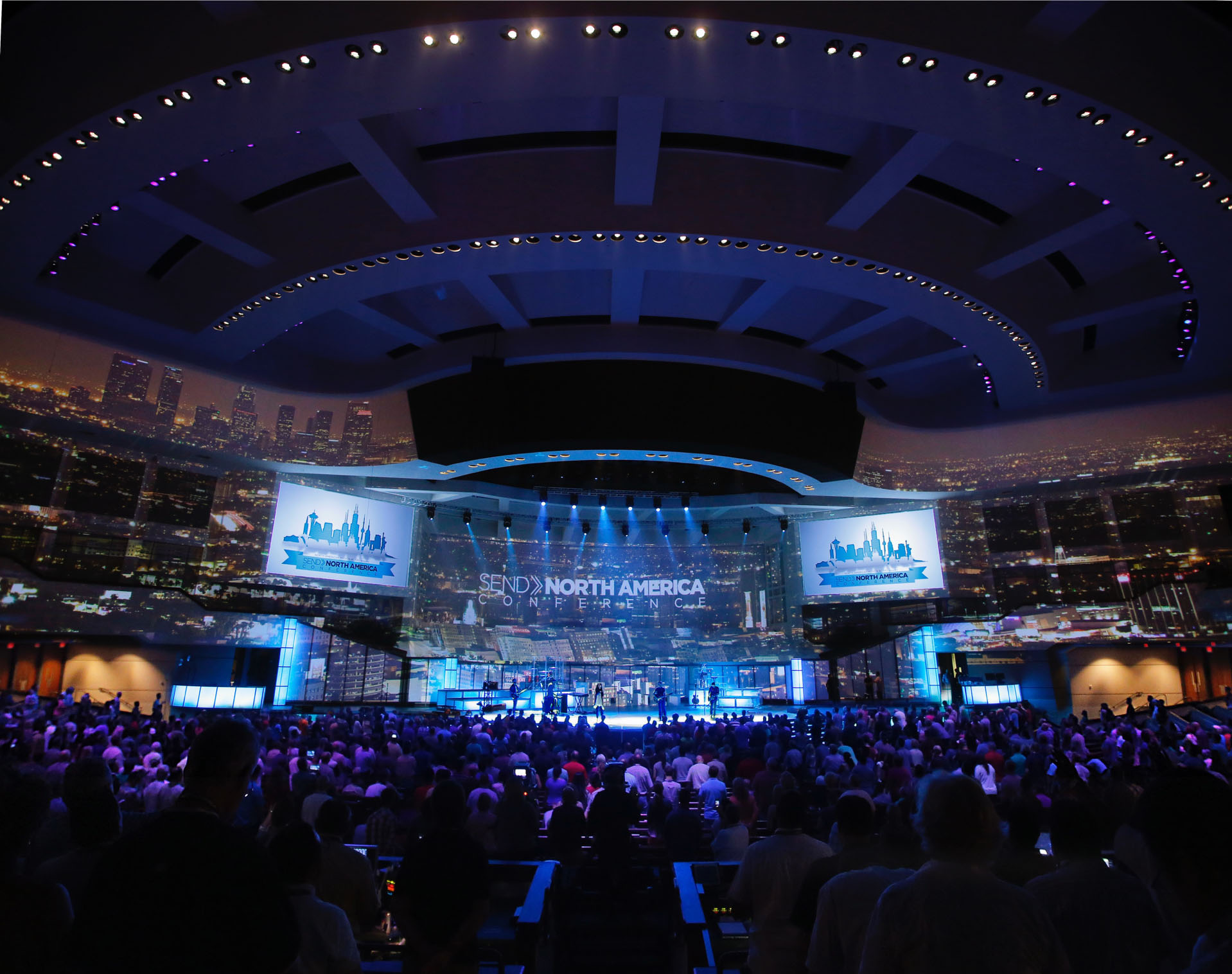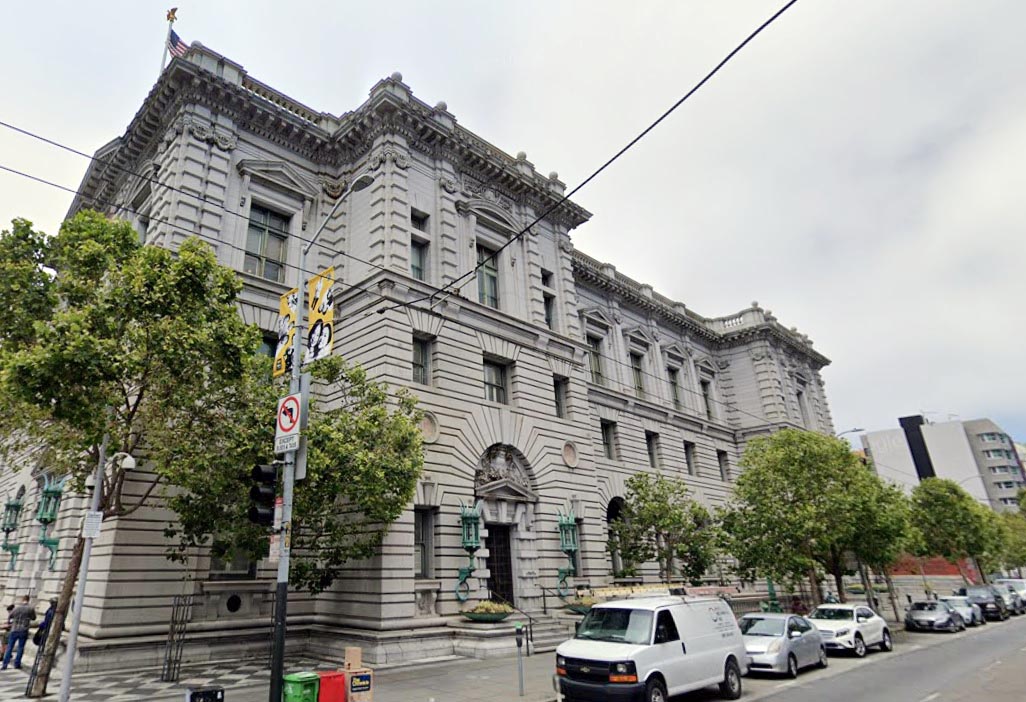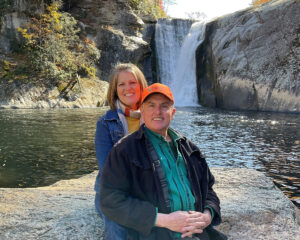
LAWRENCEBURG, Tenn. (BP) — A Middle Tennessee Baptist association has voted to withdraw fellowship from a congregation that called a woman as pastor. At issue: the association’s requirement that cooperating churches adhere to the Baptist Faith and Message.
The Lawrence County Association of Baptists, located some 85 miles southwest of Nashville, voted 73-4 during its annual meeting Oct. 12 that Greater Tabernacle Missionary Baptist Church in Lawrenceburg “be removed from the list of participating churches … effective immediately,” according to a copy of the recommendation provided to Baptist Press by the association.
After Greater Tabernacle called Shonda Reynolds Christian as pastor in June, “we asked them to reconsider,” Lawrence Association director of missions Mike Kemper told BP. “They took two weeks, and they called us back and said, ‘We have decided to keep our woman pastor.’ So really, they made their own decision about that, knowing the consequences and knowing what would come.”
About 10 Greater Tabernacle members were present for the discussion and vote, according to both the association and the church. Kemper said the Greater Tabernacle members did not vote or speak because the congregation “had failed to elect” them as messengers to the annual meeting.
Greater Tabernacle had not contributed financially to the association’s work for at least six years before sending $25 preceding the vote, Kemper said.
Greater Tabernacle’s most recent contribution through the Cooperative Program was $91 given in 2009, according to data compiled from the Annual Church Profile — data confirmed to BP by the Tennessee Baptist Convention. According to the TBC constitution, only churches that contribute through the Cooperative Program each year are considered “cooperating churches.” Due to the church’s lack of cooperative support, the TBC does not consider it in friendly cooperation, according to a TBC spokesperson. Church relationship questions with the Southern Baptist Convention are typically addressed leading up to or subsequent to its annual meeting in June of each year.
WTVF News in Nashville reported Oct. 15 that the association “kicked out” the church. Kemper told Tennessee Baptists’ Baptist & Reflector newsjournal the television station’s portrayal was inaccurate. The association “didn’t cause this. The actions of the church led to this decision,” he said.
Article I, Section III of the Lawrence Association’s constitution states, “The statements of faith of this association, which shall be the basis of cooperation and fellowship, shall be the Baptist Faith and Message, a statement adopted by the Southern Baptist Convention on June 14, 2000.”
Article VI of the BF&M states, “While both men and women are gifted for service in the church, the office of pastor is limited to men as qualified by Scripture.”
Kemper told BP he believes Greater Tabernacle’s own constitution also precludes the calling of a woman as pastor by stating 1 Timothy 3:1-7 “shall guide the church in determining the qualifications of the pastor” and by using masculine pronouns to reference the pastor.
Christian, Greater Tabernacle’s pastor, told BP in written comments “nothing justifies” the association’s action.
“The Bible states in Luke 9:49-50, ‘And John answered said, Master, we saw one casting out devils in thy name, and he followed not us: and we forbad him, because he followed not us. And Jesus said, forbid him not: for he who is not against us is for us,'” Christian said. “Jesus forbids sectarianism. This is a distraction and no doctrine should supersede the doctrine of Jesus Christ and work at the Cross.
“From my research, the Baptist Faith and Message didn’t add the sentence about women being pastors until the year 2000, so I say that to say this: prior to the change there was no official stated opposition to female pastors,” Christian said.
After conservatives gained control of the SBC presidency in 1979 and its function of appointing the convention’s Resolutions Committee, SBC resolutions addressed the role of women in 1980, 1981, 1983 and 1984. Four times during that period, the convention affirmed the equality of men and women before God. Three times, the convention affirmed the distinct roles of men and women in various spheres of life.
A 1984 resolution “on ordination and the role of women in ministry” stated, “We encourage the service of women in all aspects of church life and work other than pastoral functions and leadership roles entailing ordination.”
When the BF&M’s statement on women in the pastorate was adopted in 2000, a study by Midwestern Baptist Theological Seminary found that fewer than one-tenth of one percent of the then-41,099 Southern Baptist churches had a woman serving as senior pastor.
Though the SBC has never withdrawn fellowship from a church because it had a female pastor, associations and state conventions have voted to exclude congregations with women pastors. For example, the Georgia Baptist Convention voted in 2009 to withdraw fellowship from First Baptist Church in Decatur because it had called Julie Pennington-Russell as pastor. Sixteen years earlier, the California Southern Baptist Convention refused to seat messengers from the San Francisco congregation Pennington-Russell pastored at the time.
Several Baptist associations have disfellowshipped congregations for calling women as pastors. Among them, Tennessee’s Shelby Baptist Association withdrew fellowship from Prescott Memorial Baptist Church in 1987 for calling a woman as pastor; Alabama’s Mobile Baptist Association disfelloweshipped Hillcrest Baptist Church in 2006 for calling a female associate pastor; and North Carolina’s Surry Baptist Association disfellowshipped Flat Rock Baptist Church in 2011 for calling a female pastor.
Prior to the Lawrence Association’s vote, leaders met with Greater Tabernacle representatives July 29 and Oct. 11 and had “numerous telephone conversations” with them, according to an Oct. 14 letter officially informing the congregation of the association’s action.
Messengers to the association’s annual meeting also voted to refer to the association’s executive committee the handling of a reversion clause in Greater Tabernacle’s deed, which states, “If [the] congregation ever ceases to be affiliated with either the Lawrence County Association of Baptists, the Tennessee Baptist Convention or the Southern Baptist Convention, the real estate conveyed herein will revert to the Lawrence County Association of Baptists.”
Greater Tabernacle purchased its current building and property in 1992 for $1 from the Lawrence Association, Kemper said. The reversion clause was put in place at the time of the sale. Greater Tabernacle was planted in 1989 by nearby Faith Baptist Church in Loretto, Tenn.
Christian said she did not believe the association handled the withdrawal of fellowship properly from a procedural standpoint.
“On October 11, 2015, Greater Tabernacle met with the moderator and director of missions of the Lawrence Baptist Association and they asked Greater Tabernacle to withdraw from the association and told us that having a female pastor was a non-negotiable. We declined the request [to leave the association] mainly because of the reversion clause in our deed,” Christian said.
“They then told us that the annual meeting was October 12, 2015, and we were welcome to attend but we had no voting rights so we couldn’t say anything. They also told us no decision had been made and there [would] be no voting on the matter at the meeting. Then, our fellow brethren humiliated my members and I at the meeting with the recommendation to remove Greater Tabernacle from the fellowship and voted on the matter while we were there. This is not Christ-like.”
Kemper said Greater Tabernacle, like all cooperating churches, could have elected messengers.
Greater Tabernacle is the only African American Baptist church in the area, Kemper said, but the vote “didn’t have anything to do with race.” One of the congregation’s previous pastors attempted to convince the church that calling a female pastor was unbiblical, Kemper noted. That former pastor, who is black, was present as a guest at the annual meeting, the DOM said.
Kemper added that he consulted with Willie McLaurin of the TBC’s black church development department during the weeks leading up to the annual meeting.
“Our motivation didn’t have anything to do with race,” Kemper said. “It didn’t have anything to do with being against women or their place in service and in ministry. We believe that women have contributed and continue to contribute great influence and efforts for all of our churches.
“But it had everything to do with the fact that the church had called a woman as their pastor. … We didn’t seek this out. We tried our best to avoid this issue,” Kemper said.




















